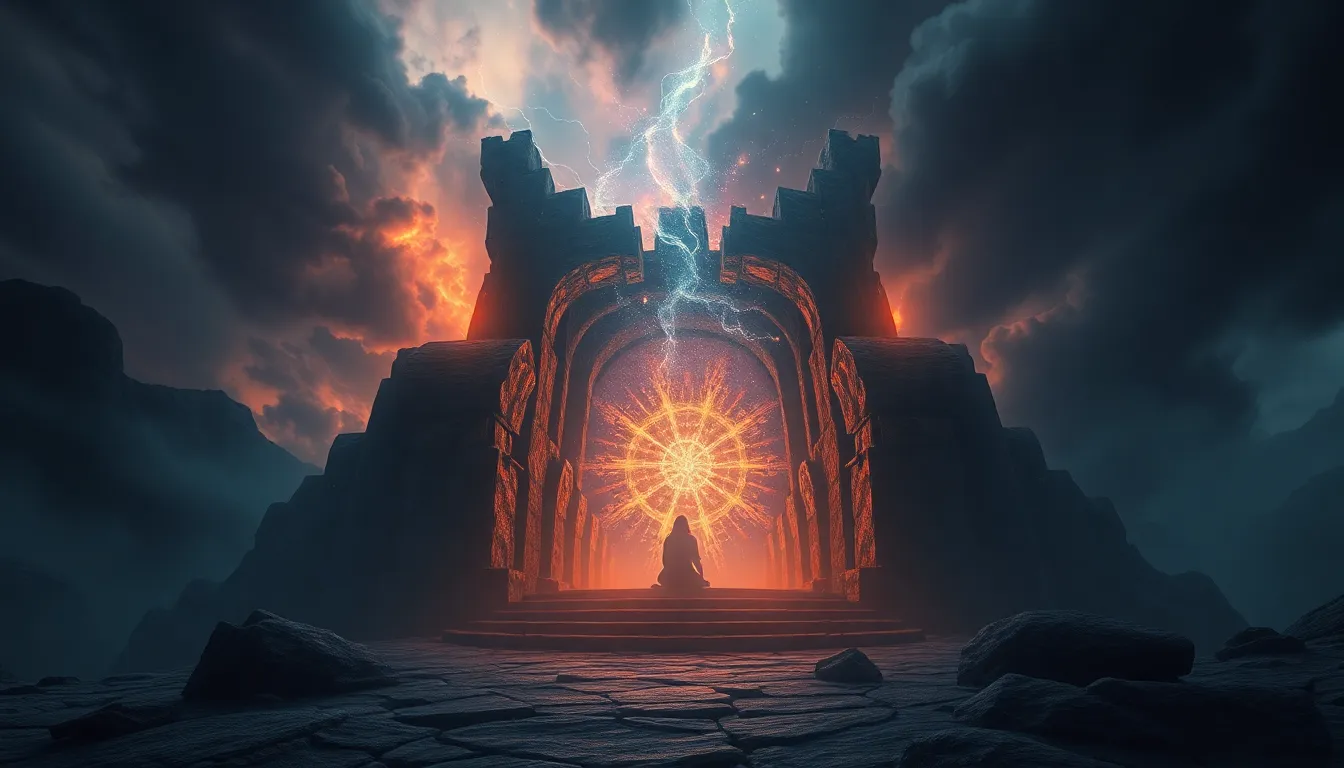The Gem of Knowledge: Unlocking Ancient Secrets
Introduction to Ancient Wisdom
Ancient knowledge refers to the vast body of wisdom accumulated over thousands of years by various civilizations. This knowledge encompasses philosophical insights, scientific understanding, and practical skills that have been passed down through generations. The significance of ancient knowledge lies in its ability to provide profound insights into human existence, ethics, and the natural world.
Today, ancient secrets are often perceived as mystical or esoteric, yet they hold practical lessons that are relevant in modern contexts. As society grapples with complex challenges, revisiting these age-old teachings can offer valuable guidance.
Historical Context of Ancient Knowledge
The preservation of knowledge is a hallmark of human civilization. From ancient oral traditions to the invention of writing, the journey of knowledge preservation spans millennia.
- Egyptians: Renowned for their advancements in mathematics, medicine, and architecture, the Egyptians left behind monumental texts and inscriptions.
- Greeks: Greek philosophers like Plato and Aristotle laid the foundations of Western philosophy and science.
- Chinese: The Chinese civilization contributed significantly through texts like the I Ching and the teachings of Confucius.
The Role of Oral Traditions
Storytelling has been a crucial method of preserving ancient knowledge. Oral traditions allowed cultures to pass down their histories, beliefs, and lessons without written records.
Several cultures relied heavily on oral traditions, such as:
- Indigenous Tribes: Many Indigenous peoples in North America maintain rich oral histories that convey their worldviews and ancestral knowledge.
- African Cultures: Griots, or storytellers, play a vital role in West African societies, preserving history through music and narrative.
Written Records and Ancient Texts
The transition from oral to written knowledge marked a significant turning point in human history. Written texts allowed for more precise preservation and dissemination of ideas.
Some notable ancient texts that hold secrets of the past include:
- The Epic of Gilgamesh: One of the oldest known literary works, offering insights into human nature and the quest for immortality.
- The Tao Te Ching: A foundational text of Taoism, providing philosophical guidance on harmony and balance.
Archaeological Discoveries and Their Impacts
Archaeology has played a vital role in unveiling ancient secrets. Major discoveries often reshape our understanding of history and culture.
Some significant archaeological findings include:
- The Rosetta Stone: This artifact was key in decoding Egyptian hieroglyphs, unlocking a wealth of ancient knowledge.
- Pompeii: The excavation of this Roman city provided insights into daily life, art, and society in ancient Rome.
The Intersection of Science and Ancient Knowledge
Modern science has begun to validate many ancient practices through empirical research. Techniques such as radiocarbon dating and DNA analysis help decode the past.
Examples include:
- Herbal Medicine: Many ancient herbal remedies used in traditional medicine have been scientifically proven to be effective.
- Architecture: Ancient construction techniques, such as those used in the Pyramids, continue to inspire modern engineering.
Philosophical Insights from Ancient Thinkers
Ancient philosophers provided foundational ideas that still resonate today. Their insights into ethics, governance, and human nature shape modern thought.
Key philosophical ideas include:
- Socratic Method: Socrates emphasized critical thinking and dialogue as a means of gaining knowledge.
- Confucianism: Confucius advocated for moral integrity, respect for authority, and social harmony.
Ancient Knowledge in Modern Society
Ancient wisdom finds applications in various fields today, including:
- Medicine: Practices like acupuncture and Ayurveda are rooted in ancient traditions and are widely used today.
- Sustainability: Ancient agricultural techniques, such as permaculture, promote sustainable living and environmental stewardship.
The relevance of these practices underscores the timeless nature of ancient wisdom.
Challenges in Preserving Ancient Knowledge
Despite its importance, ancient knowledge faces numerous threats:
- Climate Change: Rising sea levels and extreme weather can erode archaeological sites and cultural heritage.
- Globalization: The homogenization of cultures can lead to the loss of unique traditions and languages.
Efforts to safeguard ancient knowledge include documentation projects, cultural heritage initiatives, and community engagement.
Conclusion: The Ongoing Journey to Unlock Secrets
Understanding and appreciating ancient knowledge is an ongoing journey that enhances our comprehension of human existence. It is crucial to continue seeking out, preserving, and applying the wisdom of the past to navigate the complexities of the modern world.
As we explore the depths of ancient knowledge, we are encouraged to reflect on its significance and relevance. Let us embrace the lessons of history and integrate them into our contemporary lives, fostering a deeper connection with our shared human heritage.




